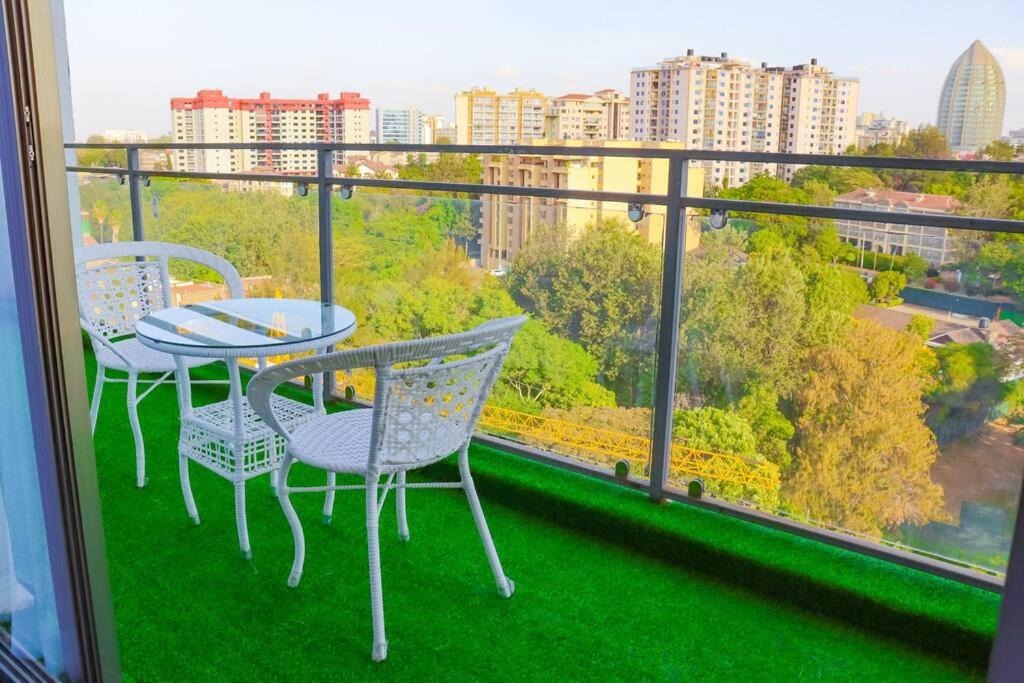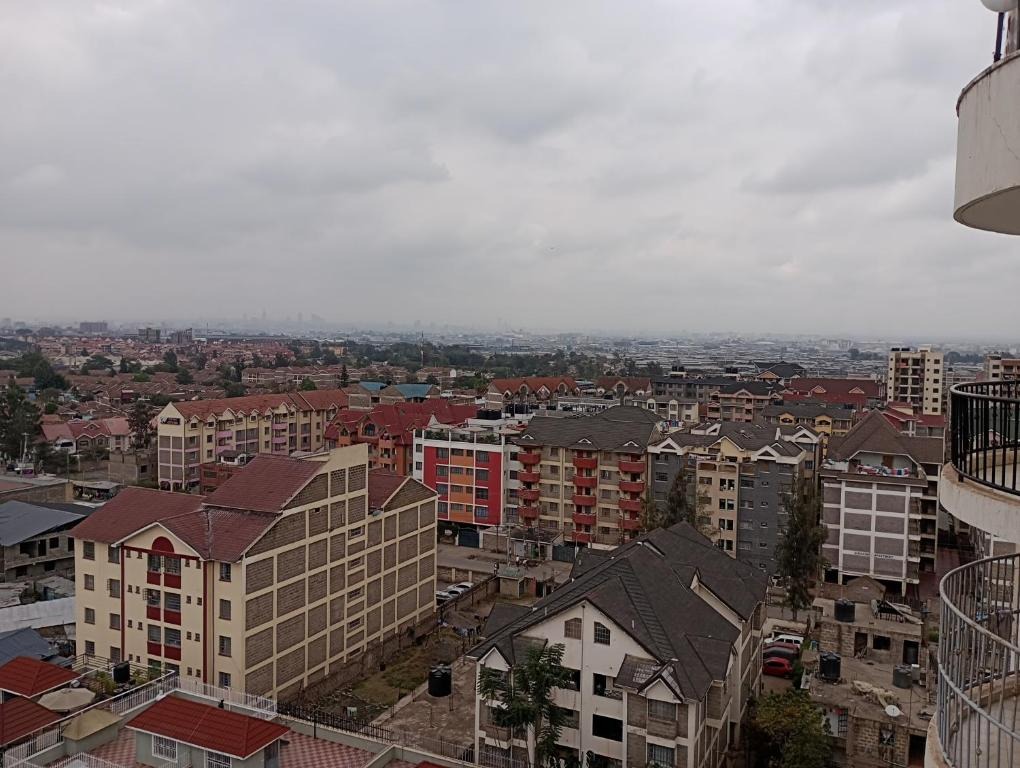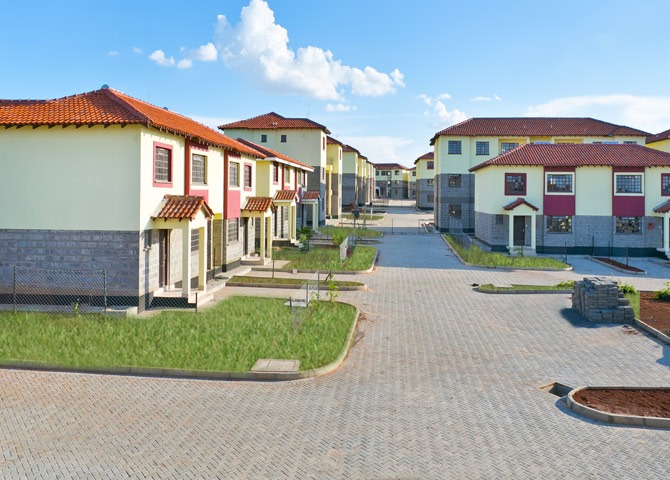Understanding Mortgage Options in Kenya

If you’re like most Kenyans, the dream of owning a home is something that excites and motivates you. However, one of the biggest hurdles to achieving this dream is property financing. Whether you’re looking to buy a house, apartment, or a piece of land, understanding your mortgage options is crucial.
Mortgages are essentially long-term loans that are used to finance the purchase of real estate. They typically have lower interest rates compared to other forms of financing, making them an attractive option for many homebuyers. In Kenya, there are several types of mortgages available, each with its own terms and conditions.
- Conventional mortgages: These are the most common types of mortgages and are offered by commercial banks and mortgage finance companies. Conventional mortgages usually require a down payment of at least 10% to 20% of the property’s value, and the loan term can range from 10 to 30 years. The interest rates are typically fixed for a certain period and then become variable.
- Islamic mortgages: These mortgages are structured in a way that adheres to Islamic principles. Instead of charging interest, Islamic mortgages use a “diminishing musharaka” model, where the lender and the buyer enter into a partnership to purchase the property. The buyer makes regular payments to the lender, which gradually increases their equity share in the property until they become the sole owner.
- NHIF mortgages: The National Housing Corporation (NHC) offers mortgages to members of the National Hospital Insurance Fund (NHIF). These mortgages have favorable terms, including low-interest rates and longer repayment periods. They are primarily targeted at low and middle-income earners who may not qualify for conventional mortgages.
Exploring Government-Sponsored Housing Schemes

In addition to conventional mortgages, the Kenyan government has implemented various housing schemes to make homeownership more accessible to its citizens. These schemes are specially designed to support low and middle-income earners who may not have access to traditional mortgage financing. Here are a few popular government-sponsored housing schemes:
- Kenya Mortgage Refinance Company (KMRC): This is a government-backed institution that provides affordable long-term funding to primary mortgage lenders. KMRC aims to increase the availability and affordability of mortgage financing for Kenyans.
- Affordable Housing Development Fund (AHDF): The AHDF was established to provide financing for affordable housing projects. The fund offers loans to developers, housing cooperatives, and individuals to facilitate the construction or purchase of affordable housing units.
- Kenya Informal Settlements Improvement Project (KISIP): This project focuses on improving housing conditions in informal settlements. It aims to provide affordable financing options for slum upgrading and redevelopment, as well as access to basic infrastructure and services.
Tips for Saving for a Property Deposit in Kenya

Saving for a property deposit can be a daunting task, but with the right strategies, you can achieve your goal sooner than you think. Here are some tips to help you save for a property deposit in Kenya:
1. Set a budget: Start by analyzing your monthly income and expenses. Create a budget that allows you to save a certain amount each month towards your property deposit. Cut back on unnecessary expenses and prioritize saving.
2. Open a dedicated savings account: Establish a separate savings account specifically for your property deposit. This will help you track your progress and prevent you from dipping into those funds for other purposes.
3. Explore government initiatives: Take advantage of government initiatives aimed at assisting first-time homebuyers. For example, the Kenyan government offers incentives such as tax breaks and subsidies for individuals saving for their first home.
4. Increase your income: Consider taking on a side hustle or freelancing to boost your income. The extra money earned can be directly allocated towards your property deposit savings.
5. Automate your savings: Set up an automatic transfer from your salary account to your property deposit savings account. By automating your savings, you remove the temptation to spend the money and ensure consistent progress towards your goal.
Remember, property financing in Kenya requires careful planning and budgeting. By understanding your mortgage options, exploring government-sponsored housing schemes, and implementing effective saving strategies, you’ll be well on your way to achieving your dream of homeownership.
So, what are you waiting for? Start saving for that property deposit and turn your dream home into a reality. For more information on property financing in Kenya, visit realtyboris.com.







